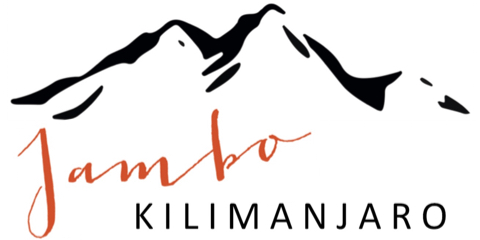I had prepared well for the ascent of Kilimanjaro. We had been hiking several times before our journey and tested our equipment. I had kept myself busy with the topic of “climbing Kilimanjaro” and had read a series of material about it. Altogether, I was physically fit and commenced the hike well rested. Nevertheless, shortly before reaching the peak, I had to abort my tour.
Why was that?
It all started with the adjustment to the local cuisine, and the new circumstances on site – different food, different climate, different habits. Thus, already before the beginning of the tour, I repeatedly suffered from gastrointestinal complaints and slept only parts of the night. Initially, I felt yet strong, but quite soon after the commencement of the tour and with increasing altitude, I felt more exhausted. This way, even shorter day tours partly became challenging.
The entire ascent represented a process of adjusting to the altitude. However, due to the high altitude and my increasingly weak condition, I could not adjust according to the pace the tour required. Long resting phases and a lot of sleep affected my condition positively. Also, medications, such as Aspirin, Ibuprofen, and electrolytes gave me more strength. Eating, however, became difficult for me. I simply was not hungry. Consuming regular meals at high altitudes is very important, though, for the body requires lots of energy during the tour.
Nonetheless, I made it to Barafu Camp, the base camp of Kilimanjaro. After arriving there, I felt very exhausted, for the days before I had repeatedly suffered from sleep deprivation and gastrointestinal complaints. The physical stress was high, the oxygen levels in the air decreased. I was spared though from heavy headaches, dizziness, or a blurred vision up to this point.
Summit day already started around 10:30 p.m. I had been resting in our tent for the previous hours. We ate some rice and drank tea before leaving the camp. Unfortunately, neither remained in my stomach for long. Despite a slight nausea, I tried to pick up some nutrients and took muesli bars for the peak climb. Erasto, our tour guide, carried my daypack so I would use as little energy as possible. During the first hours of the hike, we took regular short breaks to eat muesli bars, dextrose, and drink sufficient water. With increasing altitude, however, I slowly but surely felt my body becoming weaker. Having stood in the snow for the first time as well as the fact of already standing at a higher point than the peak of Mont Blanc, again triggered little feelings of happiness inside me and briefly gave me new energy.
Nevertheless, even the slowest walking pace soon became hard for me. Erasto kept an eye on me and we, as a group, regularly consulted on my condition. Around 2 a.m. and at an altitude of approximately 4,500 meters, I realized that I merely ascended the peak as if in trance with a clouded mind. My body signaled to me that my journey to the summit of Kilimanjaro had come to an end. Further side effects of the altitude sickness, such as headaches or respiratory distress stayed away.
We therefore split the group and together with Erasto I descended the mountain. With decreasing altitude, I felt better fairly quickly and the symptoms disappeared almost entirely. After arriving at Barafu Base Camp, I was glad I could lay down in the tent and sleep.
Several hours later, the following morning, I felt significantly recovered. The descent to Mweka Camp, the last camp of our tour, did not cause any problems.
Although I have not reached the peak of Kilimanjaro, I retrospectively keep incredibly awesome impressions and experiences. Moreover, I have learned things about me and my body I would not have discovered between urban life and office routine. Simply for that I will return some day and try the ascent again.

